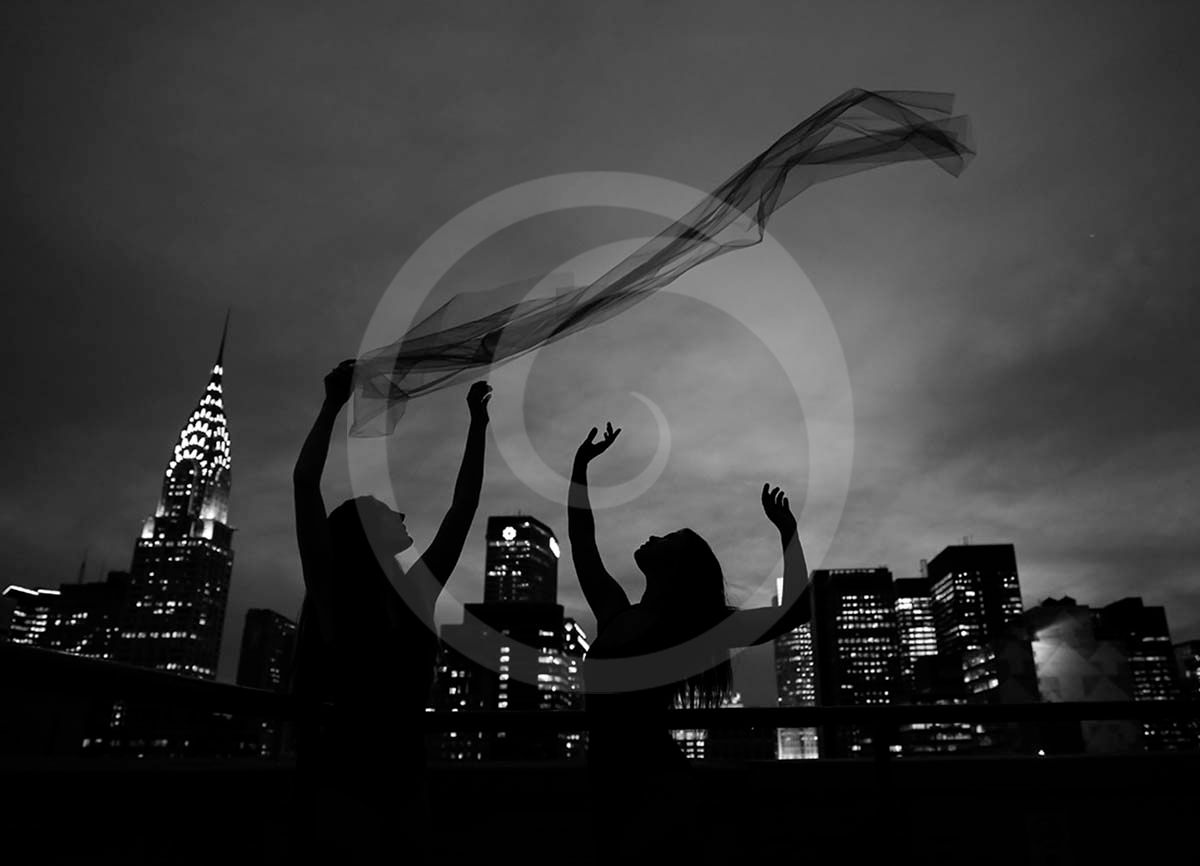RITUALS: Part 3

Societal Rituals
Societal rituals can be traced back to the earliest of cultures where the health and social order of a community were entrusted to the local shaman, a magical religious healer. Although ritual practices are intertwined into the tapestry of human history, the term ritual remains vague and lacks a definitive definition. Therese Rando a PHD clinical psychologist maintained that a ritual is “a specific behavior or activity which gives symbolic expression to certain feelings and thoughts of the actor individually or as a group”. Rituals also have important anthropological functions, because they create and transmit societal values and cultural norms. Which proves Psychologists in experiments over the past three decades. It was observed that if you show a child how to perform some action that they haven’t seen before, they will faithfully replicate not only the steps required to achieve the goal, but also superfluous ones. Why they do this is a mystery, especially when other animals do not. It could be a clever strategy: the human world is so complex that it makes sense
for kids to copy everything until they have time to work out what is necessary. Sometimes, some children can identify actions as causally opaque? If so, perhaps their brains see them as a cue to switch from normal reasoning to a “ritual stance” in which they interpret the behavior of others as social signals, and go out of their way to copy them. It’s been discovered that children copy apparently aimless sequences of actions more faithfully than sequences that move towards an obvious goal. Which explains the almost blind validation of some aspects of societal rituals.
The foundations of ritual behavior
Three predominate foci of ritual activities have been identified by researchers: liberation rituals, transformation rituals, and celebration or commemoration rituals. Liberation rituals involve the symbolic freeing of individuals from barriers that prevent healing. For this type of ritual, a symbolic act of destruction or termination is used to facilitate healing and obtain closure like the scattering of a loved one’s ashes. Transformation rituals involve societal rites of passage. In particular, an individual may experience rebirth through initiation practices, the receiving of blessings from the community, and affirmation from higher powers. Which explains how an individual may feel a sense of rejuvenation or rebirth when rejecting a previous religion and converse to a new one. Essentially, the liberation, transformation and commemoration rituals are crucial and sometimes undisputed fundamentals of an individual’s identity and belonging to a society. Psychological approaches to the study of ritual behavior vary considerably, but they tend generally to emphasize ritual's dual role in regulating an individual's impulse life, and in mediating social relationships. Freud views some rites and ceremonials as manifestations of obsessional neuroses. He also describes them as necessary prerequisites to the development of human civilization because they demand the renunciation of socially harmful instincts.